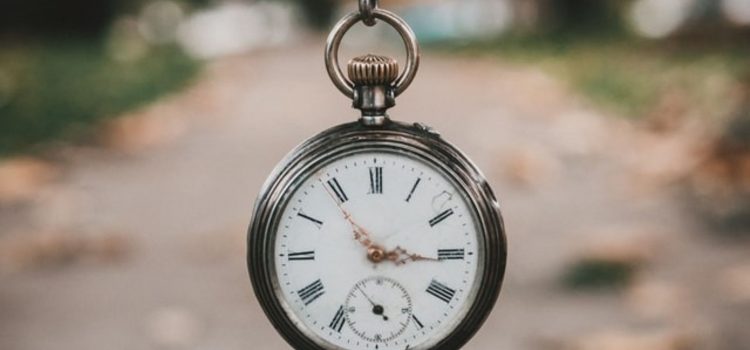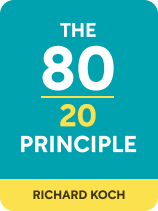

This article is an excerpt from the Shortform book guide to "The 80/20 Principle" by Richard Koch. Shortform has the world's best summaries and analyses of books you should be reading.
Like this article? Sign up for a free trial here .
Do you feel like there’s never enough time in the day? Do you tend to overfill your schedule to make the most of the time available?
According to Richard Koch, the author of The 80/20 Principle, we need to give up the belief that there is a shortage of time. From his perspective, time isn’t scarce, but we regard it such. As a result, we feel compelled to stuff our schedules with more activity without thinking whether that activity is worthwhile.
Here’s why you should abandon the scarcity mentality when it comes to your relationship to time.
Richard Koch: There Is Enough Time
When we regard time as a scarce resource, the only option we can see for doing more of what we love is to squeeze pleasurable activities into the gaps of our lives. We feel compelled to do more because we think that doing more with a seemingly small amount of time is the only way to experience more of what we want. We can’t see any way to eliminate anything without compromising our livelihoods.
Instead, Koch says we need to redefine our relationship to time. In reality, he says, time is abundant, and this perspective will revolutionize our lives: According to the 80/20 Principle, we’re most productive during a mere 20% of the time we spend working. If we simply focus our time on the 20% of tasks that deliver the highest return, that leaves 80% of our time open, and we can choose whether to spend this time on pleasurable pursuits or more high-return, productive work. From this perspective, time isn’t scarce—80% is plenty of time for the activities, both professional and personal, that give life meaning.
Why We Feel Like We Don’t Have Enough Time
Why do we always feel short of time? Koch doesn’t say, but researchers have identified scientific reasons why we feel there isn’t enough time, and those reasons point toward adjustments we can make to feel less limited by time constraints:
- You don’t get enough sleep. Insufficient sleep lowers our productivity, and when we perform slower than we otherwise would, we feel like lack of time is the problem. To change this, aim to get seven to nine hours of sleep per night, which researchers say is the ideal range for adults.
- You don’t wake up early. Morning people tend to get more done and be more productive in a typical nine-to-five workday. Start waking up a little earlier each day so you don’t feel like you’re playing catch-up.
- You focus too much on what you don’t have or what you haven’t completed. If you’re pessimistic—always thinking, “I have too much to do”—you’ll add to a negative feedback loop that intensifies your feelings of scarcity. Try to focus on more positive aspects of your day and things you have accomplished.
- You multitask. When you try to do more than one task at a time, you lower your productivity at each individual task and increase the time it takes you to finish those tasks. This causes you to feel like you don’t have enough time. Instead, devote your attention to one task before moving on to another.
These adjustments will help you think about and experience time as abundant, which Koch says is essential.

———End of Preview———
Like what you just read? Read the rest of the world's best book summary and analysis of Richard Koch's "The 80/20 Principle" at Shortform .
Here's what you'll find in our full The 80/20 Principle summary :
- How you can work less, earn more, and multiply your happiness
- What the 80/20 Principle is and why it matters
- The mindset shifts you must make to take advantage of the 80/20 Principle






